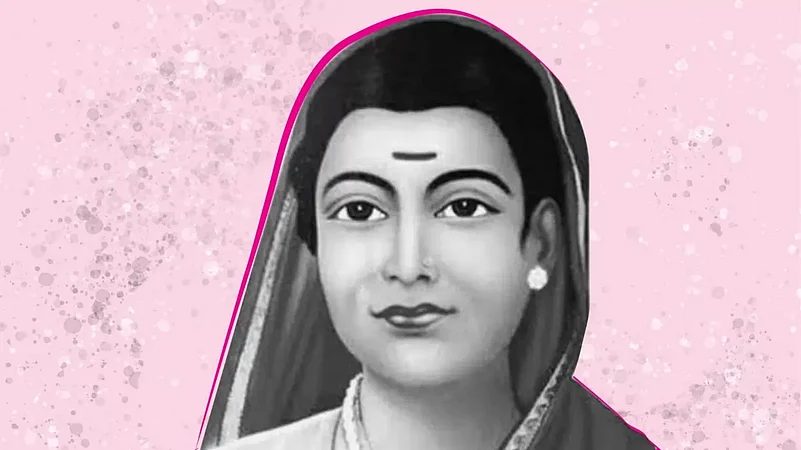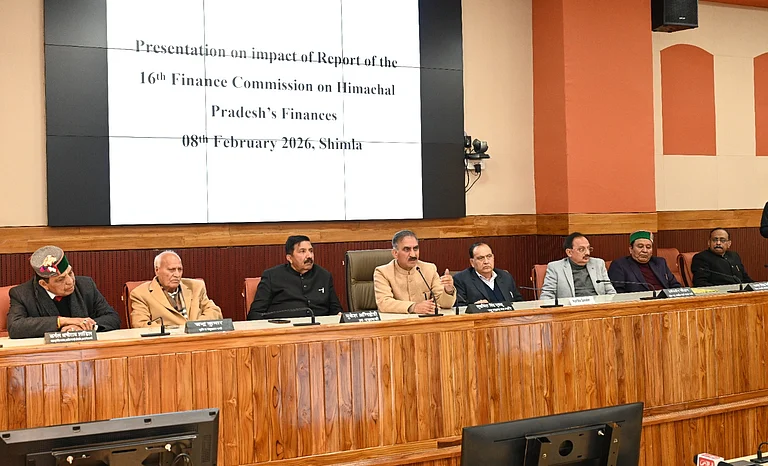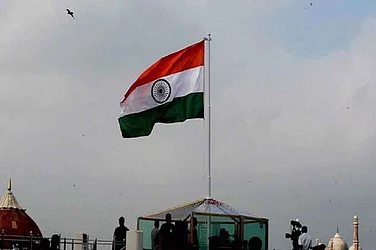Born on January 3, 1831 in Naigaon, in the Bombay Presidency of the British era, Savitribai Phule was a teacher and a social reformer who made educating girls a mission of her life. As part of the Satya Shodhak Samaj, she worked hard for women’s emancipation, then an unheard-of social issue. Along with her husband Jyotiba Phule, Savitribai was the pioneer of women’s education in India. They started the first school for girls in 1848 in Bhidewada, Poona, at the residence of Tatyasaheb Bhide.
When Savitribai got married at the age of nine, she could not read or write. She was tutored at home by her husband. Once she completed her primary education, she enrolled in two training courses for teachers—one at an institution in Ahmednagar run by an American missionary, Cynthia Farrar, and the second course was completed at the Normal School in Poona. After completing her training, Savitribai sought the help of Sagunabai Kshirsagar, her husband’s sister, to set up the school in Bhidewada. The curriculum of this school included traditional western mathematics, science and social studies. The success of this school saw the establishment of two other schools in Poona, each differing from the other in its curriculum and teaching methods. The number of girls enrolled in the schools run by the Phules outnumbered the boys. They faced a lot of resistance from the local community in Poona for their pioneering work of educating girls.
Savitribai always carried an extra saari with her to school as she often encountered people who, along with verbal abuses, pelted stones and cow dung on her. In 1839, the Phule couple was asked to leave the house of Jyotiba’s father as he considered their work—to educate girls—a sin. Savitribai and her husband set up 18 schools. Along with this, they also opened a care centre for expecting rape survivors and helped deliver their children and save the little ones.
Savitribai was also an author and poet. She set up the Mahila Seva Mandal and through it championed the cause of women’s rights and its allied issues. She also had a gathering place for women, which was free of caste discrimination. She also educated people against child marriage and campaigned for widow remarriage.


























